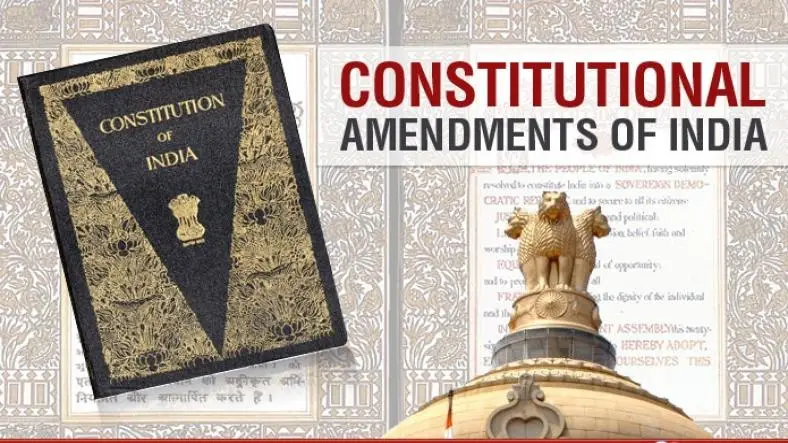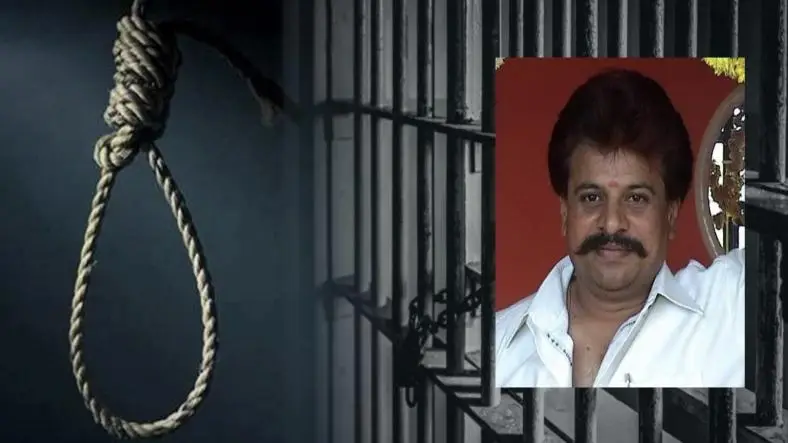New Delhi— The Union government has introduced the Constitution (One Hundred and Thirtieth Amendment) Bill, 2025, a measure that would force the Prime Minister, Chief Ministers, and all Union/State (and NCT of Delhi) ministers to demit office if they remain in custody for 30 consecutive days in connection with an offence punishable with imprisonment of five years or more. The Lok Sabha has referred the Bill to a Joint Parliamentary Committee (JPC) for scrutiny. (Source: PRS Legislative Research)
What the Bill changes (in plain terms)
- Who is covered: The Prime Minister and Union ministers (Article 75), Chief Ministers and State ministers (Article 164), and the Council of Ministers for the NCT of Delhi (Article 239AA). (Source: PRS Legislative Research)
- The 30-day custody trigger: If a covered office-holder is detained in custody for at least 30 consecutive days for an offence punishable with a term that may extend to five years or more, removal is triggered. (Source: PRS Legislative Research)
- How removal happens: For ministers, the constitutional head (President/Governor) must remove them on the advice of the Prime Minister/Chief Minister; if such advice is not given by Day 31, the minister automatically ceases to hold office. For the Prime Minister/Chief Minister, they must resign by Day 31 or they cease to hold office automatically. (Source: PRS Legislative Research)
- Return to office after release: The text also provides that the affected person may be re-appointed on release from custody (i.e., once not in custody). (Note: the Bill’s text uses “release from custody”; the government’s public note frames this as reinstatement on obtaining bail. “Bail within 30 days” is not a phrase in the Bill itself.) (Source: PRS Legislative Research)
What it does not do
- It does not require a criminal conviction to trigger loss of office; the threshold is 30 days’ continuous custody for offences with a potential sentence of five years or more. This is a higher bar than mere arrest, but lower than conviction. (Source: PRS Legislative Research)
- It does not alter disqualification rules for MPs/MLAs under the Representation of the People Act; it creates a constitutional rule specific to holding executive office (PM/CM/minister), separate from legislative membership. (This follows from the placement of the new clauses in Articles 75/164/239AA.) (Source: PRS Legislative Research)
Why the government says this is needed
The Statement of Objects and Reasons (signed by Home Minister Amit Shah) says the measure aims to safeguard and enhance public probity by ensuring that persons under prolonged custody for serious offences do not continue in executive office. The government’s public brief additionally pitches it as “clean governance” reform.
Key debates to watch
- Scope and misuse risks: Critics argue a prolonged-custody trigger could be weaponised through arrest and bail delays, potentially unsettling elected executives without a conviction. Supporters answer that the 30-day and “5 years or more” thresholds guard against frivolous cases and align with public expectations of integrity in high office. Expect the JPC to examine safeguards, definitions, and due-process concerns.
- Delhi’s special status: Extending the rule to Article 239AA (NCT of Delhi) ensures parity with States, but debate may arise over Centre–Delhi power balances in the wake of recent disputes. (Source: PRS Legislative Research)
- Re-appointment on release: Because the Bill text allows re-appointment after release, committees may discuss whether interim restraints (e.g., cooling-off or limiting portfolios) are necessary pending trial. (Source: PRS Legislative Research)
Where the Bill stands now
- Introduced in Lok Sabha and sent to a JPC on August 20, 2025 for detailed examination; the House has asked the committee to report before the next session. (The committee size and composition were set by the Lok Sabha motion.)
- Next steps include JPC recommendations, consideration and passage by both Houses with the special majority required under Article 368. Some constitutional amendments additionally require ratification by at least half of the States if they touch subjects listed in the proviso to Article 368(2). The government has not publicly specified whether it will seek state ratification for this Bill; that assessment typically turns on whether the amendment alters matters enumerated in the proviso. (Source: Wikipedia)
Bottom line
If enacted as introduced, the 130th Amendment would constitutionally bar the Prime Minister, Chief Ministers, and ministers from continuing in office while in 30+ days’ custody for serious offences, with automatic cessation if constitutional advice or resignation is not tendered by Day 31, and with a path to re-appointment after release. The measure has been sent to a Joint Parliamentary Committee, where the precise language—especially around the 30-day custody rule and re-appointment—will face close scrutiny before any final vote by Parliament (and any further steps, if required).
Thanks for reading the article, read out articles for more such articles.













